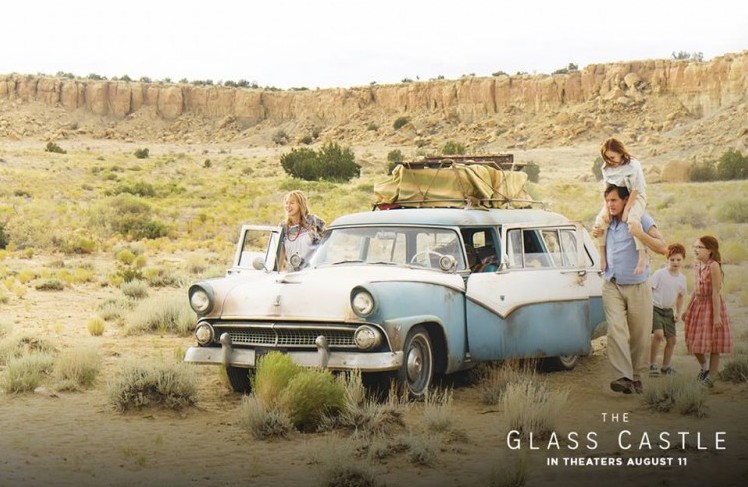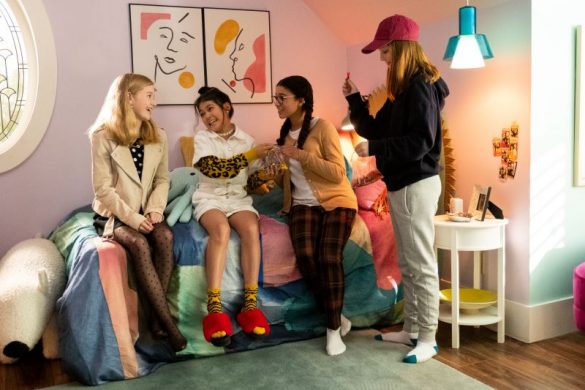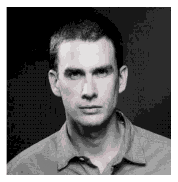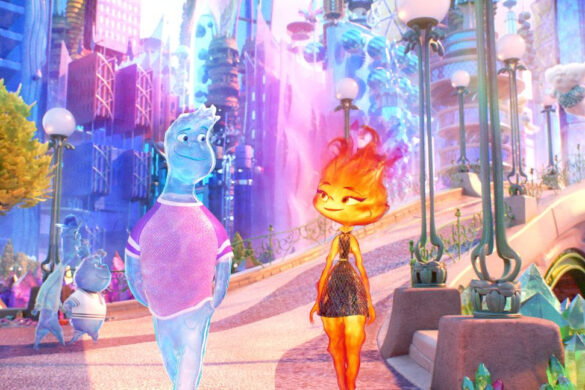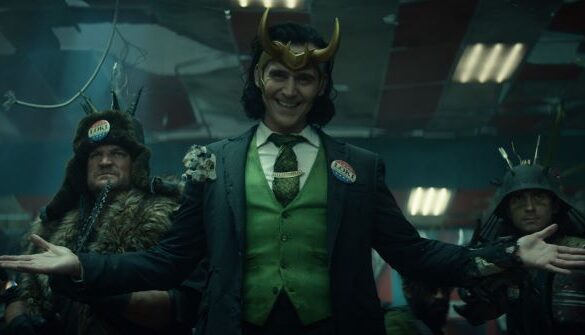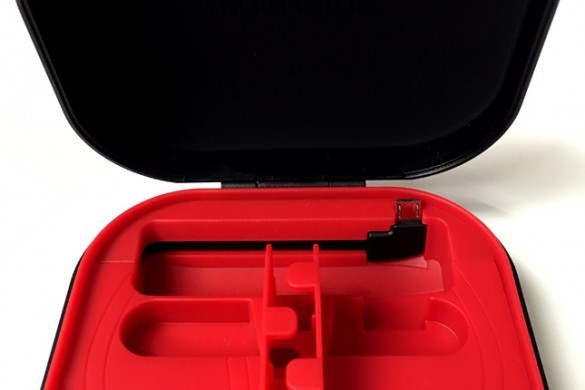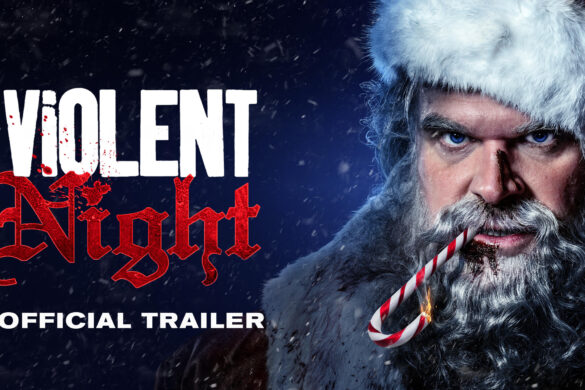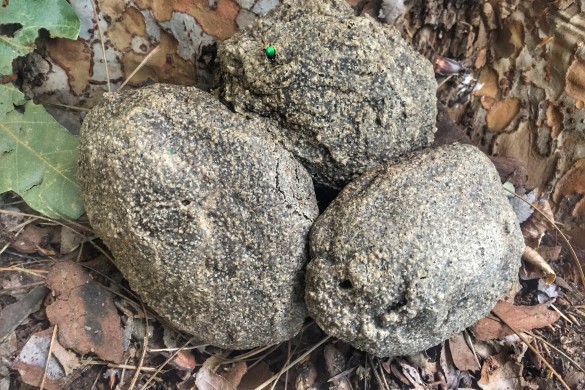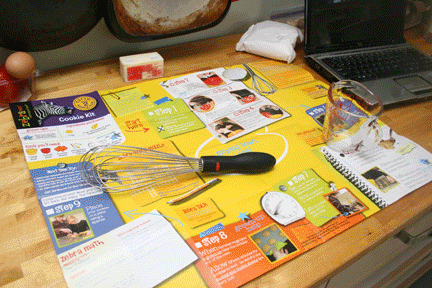Sometimes what we experience in our past shapes us to what we are today. Some of these things can be pure and joyous, while others are tragic and horrific. For “The Glass Castle” Jeanette Walls, it is a bit of both, as she had to live a nomadic life with her family constantly on the move, her father and mother unable to provide a sense of stability, but always came through for her in some other way. Now her life story his hitting the big screen in a film adaptation of the same name from “Short Term 12” director Destin Cretton and Academy Award winner Brie Larson.
The film covers Walls life story as it jumps to and from her past to the present, weaving in the good and the bad. All of it would help her navigate through the perils of life and discover that home is wherever she goes.
We had a chance to sit down and talk with Walls about that life and what it means to share that story with the world.
You have such a deeply profound personal story and you decided to share that with the world. How did you come to that decision?
Jeanette Walls: It’s pretty huge, isn’t it? Well I think the people were so smart about the book. I did not think people would get the book. I was pretty much hogtied to the desk by my husband who said “you must tell this story.” I was just tired of hiding, and I didn’t think anybody would get it. If people got the book as well as they have, I just needed to trust they would get the movie as well. I expected it to be met with contempt and ridicule, and instead these magical things started to happen: these people started to share their stories with me. They trust me, they say “I think you’ll understand.” I think people need to hear stories like this to understand that – first of all “who are these crazy homeless people and why don’t they take care of their own children” but also if they have issues with their own family to understand that “I am not alone. There are people out there with a similar situation, even weirder, and I do not need to be a shamed of this and if I want to change it I can, but I want to accept it than I can too.” So in a way it’s not even about me. In a way it’s gotten even bigger than that. But to me it’s more about storytelling, and the power of coming clean, and saying “this is who I am honey, take it or leave it, and if you don’t want it too bad I don’t care. I don’t care anymore. If you want to embrace it, that’s lovely. If you don’t want to embrace it, that’s fine too.”
So if someone wanted to share their story as well but don’t know how to go about it, what is the first thing you would tell them to do?
JW: I think the first thing I would tell them is to trust themselves. I think that people are our toughest critics. I think that some people think that they aren’t as good as other people or that they’ve got to hide something. A very wise artist once said to me said most people want to be more than who they are. But art is finding out the true essence of who they are, and that was one of the many lessons I hope I have learned. I was so ashamed of my past for so long, I thought that nobody would get it. Once I was ready to come clean about it, it was the best thing I had going for me. I had this past I was ashamed of that is now a movie that I am proud of. How ironic is that. All this time it was my ace up the sleeve and I was pretending it didn’t exist. I had this job, and it was a good job, I was on television discussing celebrities and getting a fat salary for it, and I thought it couldn’t get any better than that. But it felt wrong, and I finally come clean about this story, and that was the story that people wanted to hear. They didn’t want to hear about this crap that I was reporting on, it was this story. That’s one of my messages to people: shine those lights in those dark corners. Dark corners are where you find the treasures, and I am kind of on a mission to think a little bit about their stories. They don’t have to necessarily share it with the world if they are not ready to, but trust yourself. Trust your story. Trust humanity for the most part. There are jerks out there, of course, but my story is a little bit of a jerk detector. If you don’t like it, get out of my life.

Brie Larson and Author Jeannette Walls on the set of THE GLASS CASTLE. Photo by Jake Giles Netter.
I was reading a couple of your interviews in the past and your book has been optioned to be turned into a movie since 2005, what is it like to wait that long and to see it finally hit the big screen?
JW: It was 12 years ago. It got optioned for a movie pretty much when it came out. I was even in a shoot with Elle Magazine with five other authors’ whose books have been optioned for a movie. They all got made into movies, and mine didn’t, and I was like “okay, I can accept this. It’s not going to be made into a movie.” It took forever, but you know what, maybe it needed to find the right director. Maybe we needed to wait for Ella Anderson became old enough to play the ten-year-old me. She was born the exact month the book was publish. It was fate. She was perfect. I don’t know what kept it from being made. But five years ago, this amazing producer named Gil Netter, who also made Life of Pi and Blind Side. He got his hands on it and he’s an amazing man and he just got it made, he wouldn’t take no for an answer. He then hired Destin Cretton to direct it, which was the best thing to happen to it. Have you seen Short Term 12?
Yes! I loved it!
JW: It’s the second best movie ever made. It’s such a good movie. So I felt like if he can bring that level of complexity and compassion to my story, because Short Term 12 is so great because it understood these damaged outcasts have so much love and strength, and they bond together. It’s not my story, but there is so much in common, and he brought that same love, compassion, and insight to my story.
So the fact that it took 12 years because the book had its own love. Nobody can accuse the book of succeeding because of the movie. It did okay on its own. Now it can live a new life.
Speaking of the movie, did you have any input on its portrayal of you and your family?
JW: I don’t even know if I had any contractual input. From the beginning Gil contacted me, he said “I want you to have input on this. I want you to be a part of this.” I don’t know if legally if I had veto power, but I didn’t need it, because anytime they were making any decision that got away from the book or got deeper than the book, they talked to me about it. They said “we’re doing this. How does this feel? We’re thinking about fleshing out this character. The character of David was much more fleshed out in the movie than he was in the book. But Destin did that all in consultation with me. So I don’t think I had any sort of writing credit, I didn’t even want any, it was a very collaborative effort. That’s actually an overstatement, I didn’t collaborate, they just consulted with me and talked to me. But not just him, the set people who asked “we’re working on the apartment on Park Ave., could you give me a description?” They were amazing. When I went to the set, they had this entire wall for each of the sets, “here are the photographs of the Park Ave. apartment.” You know they would work on it. The passion to get it right was mind blowing.
What was your first reaction to when the cast went off script?
JW: Well, it was beautiful because when I was watching it one time, Woody [Harrelson] and Brie [Larson] got into this argument, and the first time they did it, it was on script, and then they went off, and it took my breath away, because it was so accurate. The words might not have been 100% what we said, boy was it what we said. And then there were times the words were what I actually said to dad. Woody said things off script – when he went off script, he said things that my dad had said I never told him. That is how accurate his read on my father was. So I just trusted him. He would say “I think Rex would have done this,” and he was right. There was a scene where the way he plucked up the door where they squat, he had dad’s expression. Just the little way he did it jaunty, oh my god, that was dad. And I showed the trailer to my mom, and she goes “that looks like Rex. That looks like our car. That looks like our house in Virginia.” So I trusted them. It’s not a documentary where everything was word for word, but the essence was always dead on.
Can you tell us what kind of advice you would give to children, students, or anyone who is going through a very similar situation where the parents show love and affection but at the same time are negligent?
JW: I get letters from kids all the time who have read my story. “I am living in a house without indoor plumbing,” or “my parents drive a rundown car,” or my father is an alcoholic,” and it’s just “tough it out, honey. You’re stronger than you realize. You will get out of this.” I honestly believe that those who gove through tricky chanellging childhoods can be an advantage over those who don’t. Because it will give you gifts of survival of learning how to deal with difficult situations that will become very valuable later on in life. Just tough it out and believe in yourself.
So more perservance than optimism?
JW: Both. Both. Optimism can go into overdrive as it did with my mother. Perseverance, that belief in yourself, and optimism in terms of not being delusional, but in terms of understanding that you are going to get through. If you will let yourself allow to pull through this and use it later on in life, use the lessons that you are going to learn, and navigate this difficult situation. When I was working at a snooty magazine, this very well-to-do woman wanted to go on a vacation with me – she didn’t know about my past – and she wanted me to something called outward bounds, and I never heard of this outward bound thing. So she explains to me that you pay a lot of money to live out in the wilderness and survive, and I’m thinking, “honey, the first 17 years of my life was outward bound. I know how to survive.” I thought it was hilarious, so I called my brother, and I realize that these people who have everything handed to them, they don’t know how strong they are. Those of us who endured, we know how strong we are, our challenge is to believe – we have to learn to believe we deserve something better. That’s their challenge. Sometimes if you go through tough times, you think you are not worthy, but that’s my lesson, you deserve something better. So just stick it out, because these things they are going through will be very valuable in life. Many of the most successful people I know have had really crappy childhoods, because they learn the tricks of survival, of navigating the landmines of life.
About the film
The Glass Castle – In theaters August 11.
Starring Brie Larson, Woody Harrelson, Naomi Watts, Max Greenfield, Sarah Snook, and Robin Bartlett. Based on the best-selling memoir by Jeannette Walls.
Chronicling the adventures of an eccentric, resilient and tight-knit family, THE GLASS CASTLE is a remarkable story of unconditional love. Oscar® winner Brie Larson brings Jeannette Walls’s best-selling memoir to life as a young woman who, influenced by the joyfully wild nature of her deeply dysfunctional father (Woody Harrelson), found the fiery determination to carve out a successful life on her own terms.
Lionsgate presents, a Gil Netter/Lionsgate production. Screenplay by Destin Daniel Cretton & Andrew Lanham. Directed by Destin Daniel Cretton.

